The Chinese mainland will continue to combat "Taiwan independence" separatism and foreign interference, and make full preparations to deal with uncertainties in the Taiwan Strait in the new year, officials and experts said.
They made the remarks while predicting that the incoming administration of United States President-elect Donald Trump, who is set to take office this month, will intensify playing the "Taiwan card" in its competition with China, a strategy that U.S. President Joe Biden has pushed to the maximum.
President Xi Jinping emphasized in his 2025 New Year message on New Year's Eve that no one can sever the bond of kinship between compatriots on both sides of the Taiwan Strait, and no one can stop China's reunification, which is a trend of the times.
Song Tao, head of the Taiwan Work Office of the Communist Party of China Central Committee and the Taiwan Affairs Office of the State Council, also stressed that the mainland will firmly defend national sovereignty and territorial integrity in the new year.
Resolute actions will be taken to combat "Taiwan independence", separatism and foreign interference, and to safeguard the peaceful and prosperous homeland of the Chinese nation, Song said in a New Year message published on Thursday in the magazine Relations Across the Taiwan Strait.
Song mentioned that in 2024, the mainland had firmly grasped the initiative and leadership in cross-Strait relations, and extensively united with all sectors of Taiwan society to jointly maintain peace and stability in the Taiwan Strait.
He highlighted that strong actions were taken to safeguard the common homeland of both sides, and to deter separatism and attempts by external forces to use Taiwan to contain the development of the mainland.
Experts said on a program on Tuesday on Fujian province-based Southeast Television that the outgoing Biden administration has frequently used the Taiwan question to interfere in China's internal affairs, hollowing out the one-China principle.
Over the past four years, two successive leaders of the Taiwan region made "transits" through the U.S., and the U.S. openly challenged United Nations Resolution 2758, which was passed in 1971 and rightly recognized the People's Republic of China as the only legitimate representative of China to the UN.
During the Biden administration's tenure, there have been a total of 19 announcements of arms sales to Taiwan, with an estimated total value of more than $8 billion.
Zhu Weidong, director of the Chinese Academy of Social Sciences' Institute of Taiwan Studies, said there has been an escalation in the Biden administration's arming of Taiwan, while economically, there are demands for Taiwan, especially in the island's major semiconductor industry, to decouple from and cut ties with the mainland.
These have sent a wrong signal to Taiwan, stimulating the fantasies of the Democratic Progressive Party authorities to promote Taiwan separatism, and thus bearing undeniable responsibility for the continued tension and turmoil in the Strait, he said.
Tsai Cheng-yuan, a renowned Taiwan commentator, said the incoming Trump administration is likely to maximize the use of the "Taiwan card" in China-U.S. ties.
"Trump has already set a price for Taiwan, requiring 10 percent of Taiwan's GDP to be allocated as a 'defense budget', which is essentially a 'protection fee'. He aims to drain Taiwan dry, not necessarily through monetary payments, but by moving Taiwan tech companies to the U.S.," he said.
Lei Chien, a former lawmaker in Taiwan, said that Taiwan is not an ally of the U.S. but rather its best card, and this card will be played at the most effective and powerful moment, with the inevitable result being disaster for Taiwan.
Li Peng, head of Xiamen University's Graduate Institute for Taiwan Studies, said that as the Taiwan question is the most important, sensitive and core issue in China-U.S. relations, there will be no compromises or concessions by the mainland.
The DPP authorities in Taiwan should not misjudge the situation or assume that the mainland will not or will dare not take action, and regarding whether the U.S. will help Taiwan if there is a conflict, the answer is already evident from numerous examples worldwide, Li said.
He also said that current U.S. policy emphasizes that Taiwan should demonstrate "self-defense" determination, and that at most, the U.S. will provide financial support and weaponry, urging Taiwan to engage in any conflict itself.
It is highly unlikely that the U.S. would directly engage in a conflict against the mainland, Li said, adding that the mainland will maintain bottom-line thinking and be prepared to handle any challenges.
Looking ahead this year, Song, the Taiwan affairs official, said the Chinese people will commemorate the 80th anniversary of the victory in the War of Resistance Against Japanese Aggression (1931-45) and the 80th anniversary of Taiwan's recovery from Japanese occupation.
He called on compatriots on both sides to shoulder historical responsibilities and strive hand in hand for the great rejuvenation of the Chinese nation and the complete reunification of the motherland.








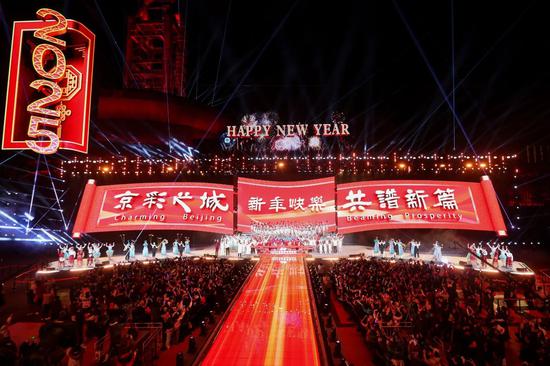


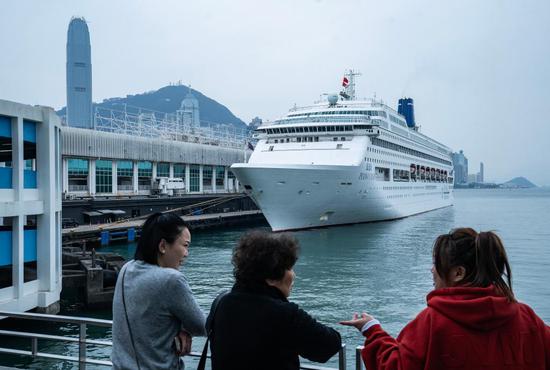
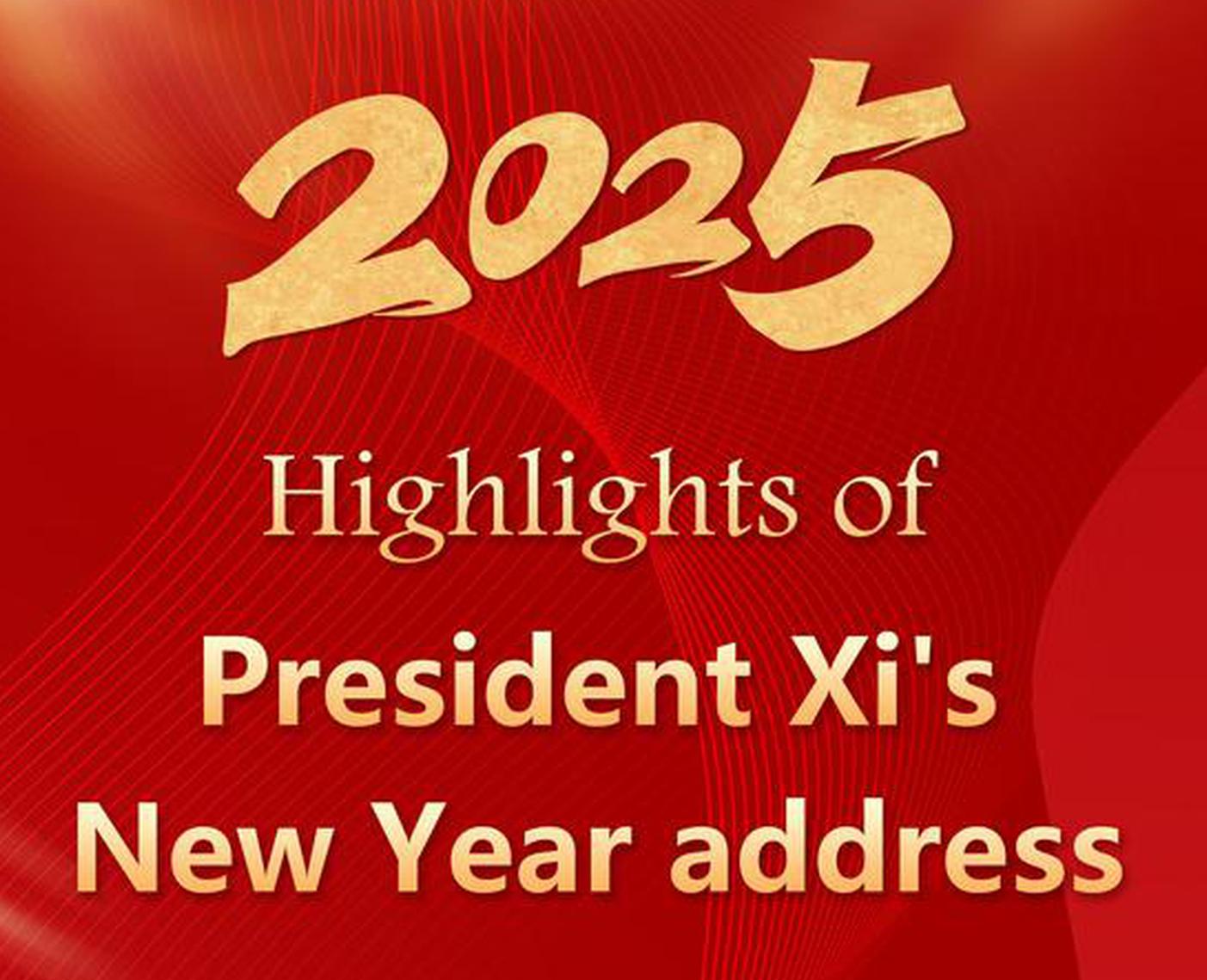


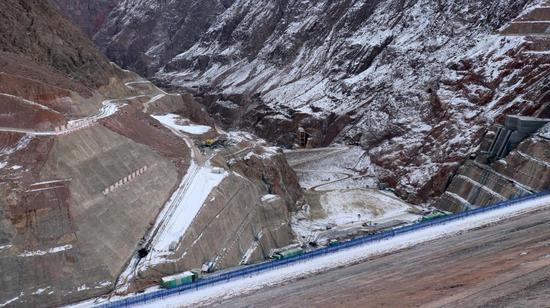

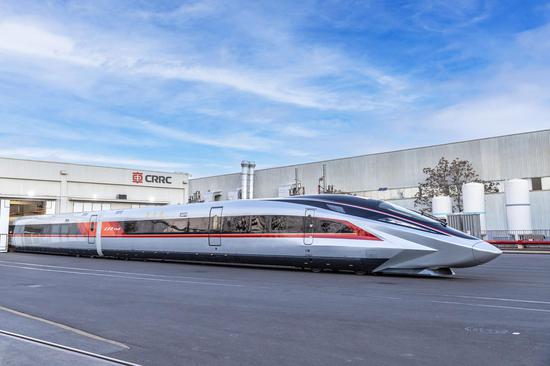
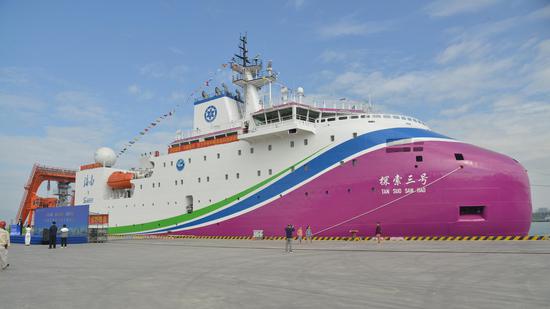
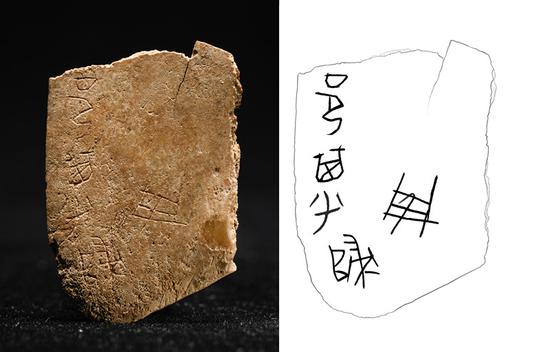

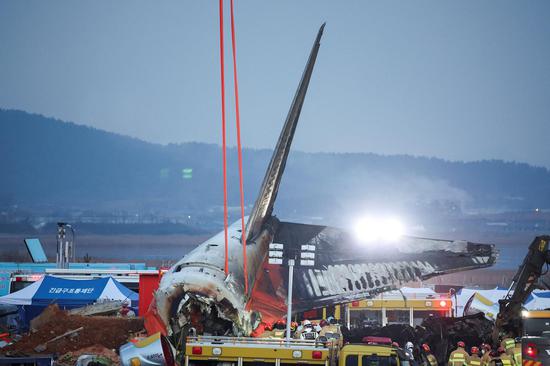
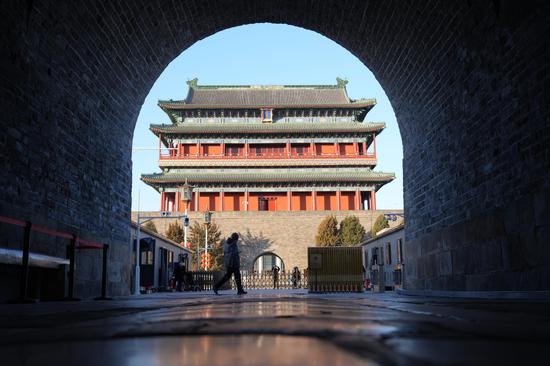
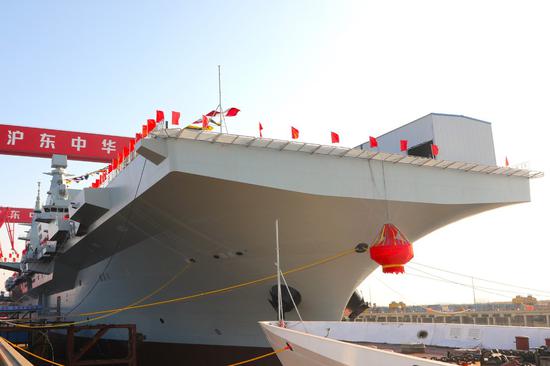
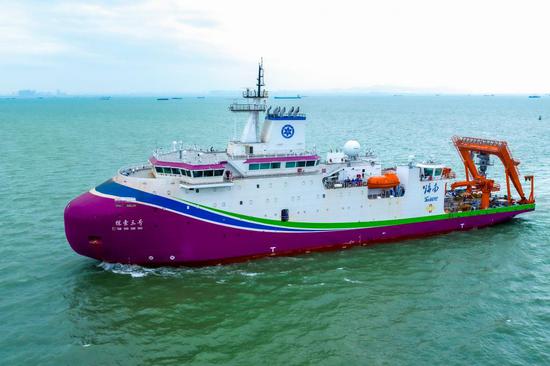
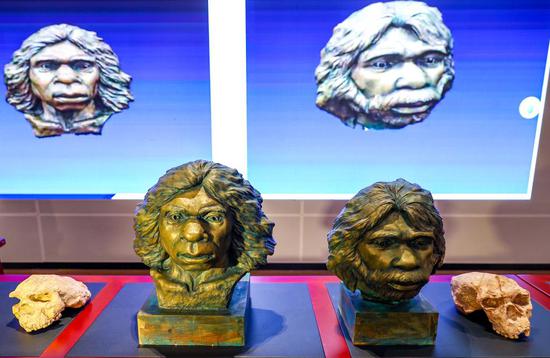
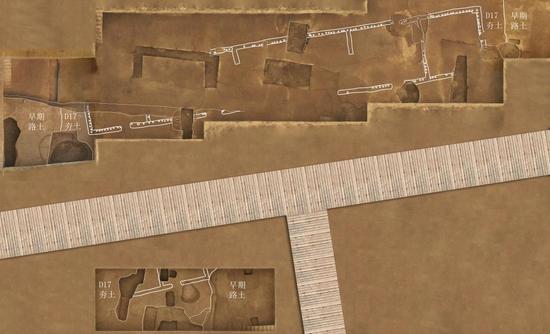
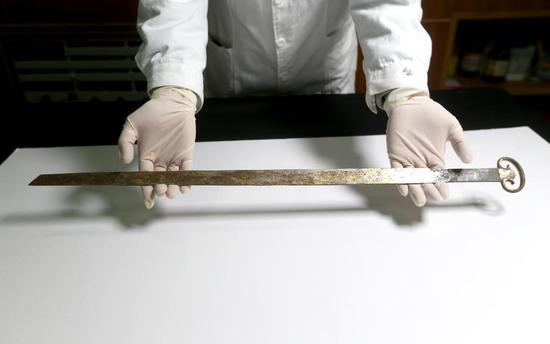


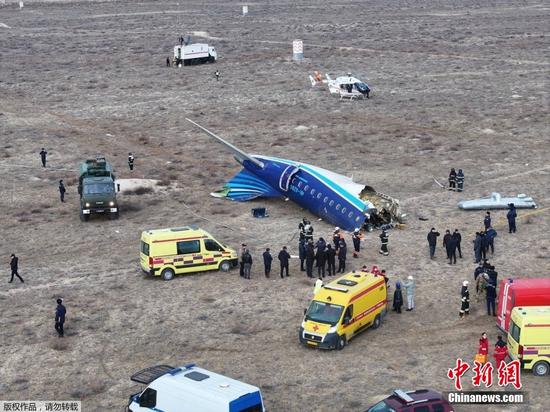

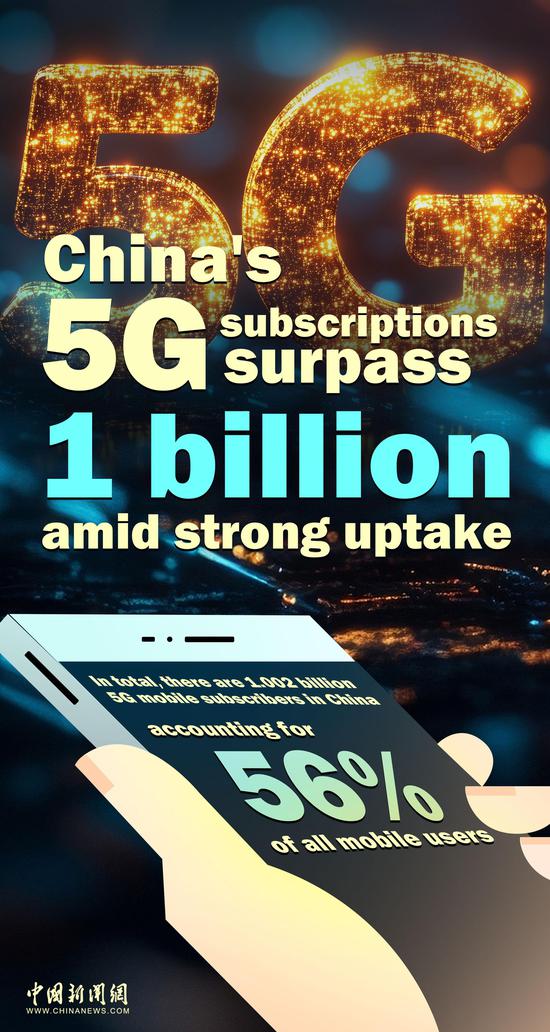
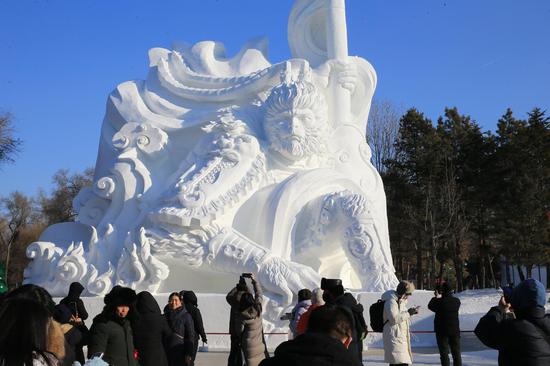
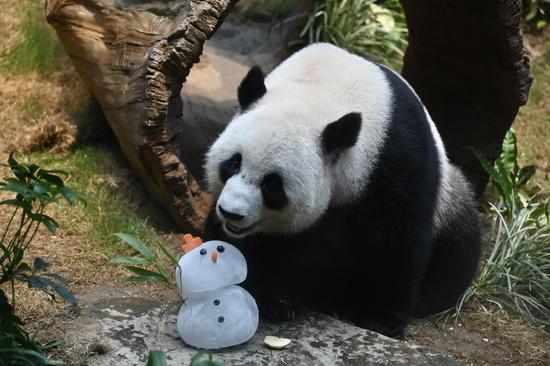

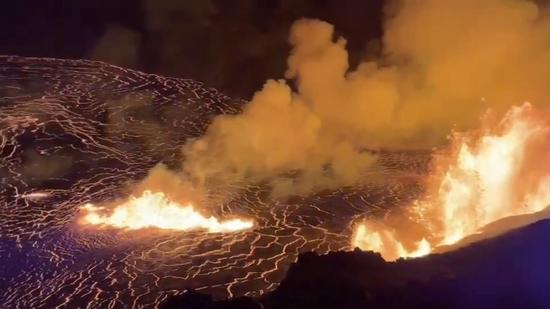






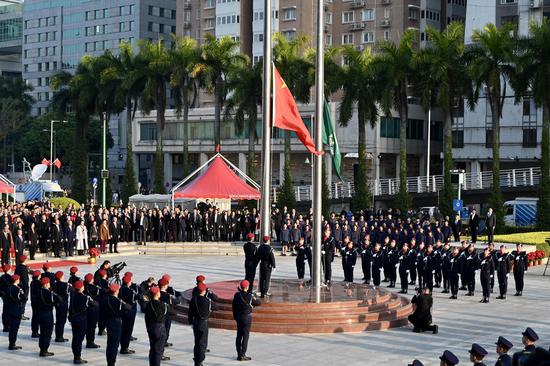
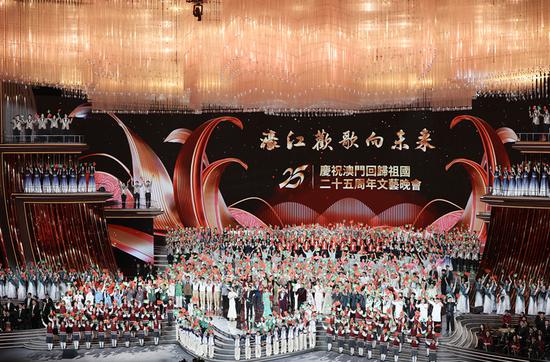

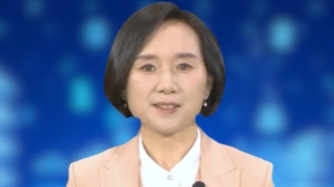



 京公网安备 11010202009201号
京公网安备 11010202009201号